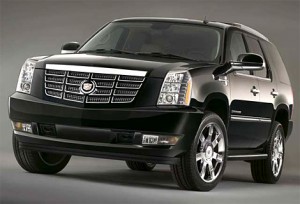
I’m currently reading Ken Auletta’s forthcoming book about Google and was struck by something that Aaron Schwartz has written about it.
and was struck by something that Aaron Schwartz has written about it.
Many books have been written about Google, even though we’re all pretty familiar with the company to begin with, but what makes Ken Auletta’s Googled interesting is that it’s a history of the company as told by the incumbent sociopaths. These are the people Auletta has spent his life covering: the media moguls who tried to acquire and conquer their own empires of content and delivery. And to them what’s most shocking and galling about Google’s incredibly rapid rise is that instead of being engineered by a fellow sociopath, it was largely done by normal, decent people plainly applying the forces of new technology.
If you’re wondering what a sociopath is, then think Rupert Murdoch or the RIAA. Aaron has accurately nailed the sociopathic mentality:
It’s almost impossible to imagine life without Googling for something, checking your Gmail, or watching videos on YouTube — but sociopaths aren’t used to doing things that create value for people. They’re just interested in conquering more and taking control. When Disney bought ABC for $19 billion, it didn’t improve most people’s lives in any real way, but it did let Michael Eisner regain control of the company he once ran.
So naturally the sociopaths are outraged that their control is being taken away. Newspapers, book publishers, television companies, ad agencies — their businesses are all failing, while Google’s is on the rise. The sociopaths may be outraged, but this is exactly what’s supposed to happen. Most people don’t have a vested interest in whether ABC does well or even continues to exist. What they want are good television shows at a reasonable price, and if they can get those from Apple and Google instead of their local cable company, then bully for Apple and Google.
The thing that’s hard for the sociopaths to get their head around is that this isn’t because one of their rivals has outsmarted them — it’s just the march of technology…
Lovely stuff. Worth reading in full.





